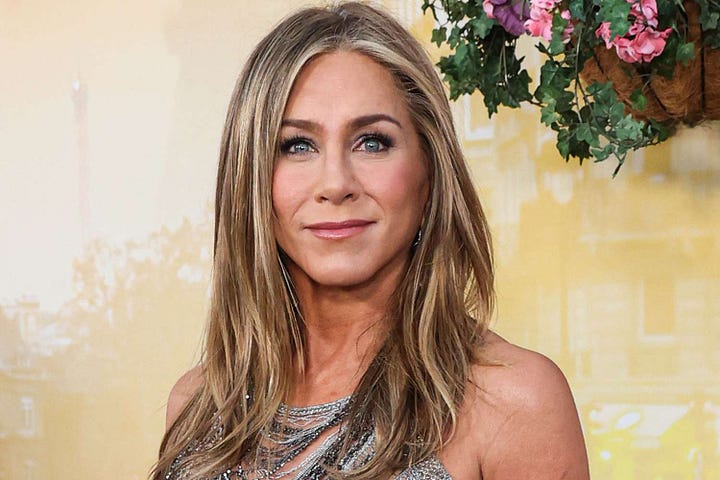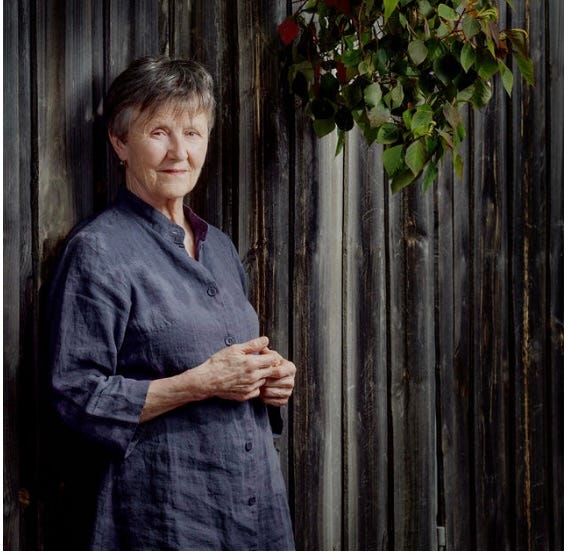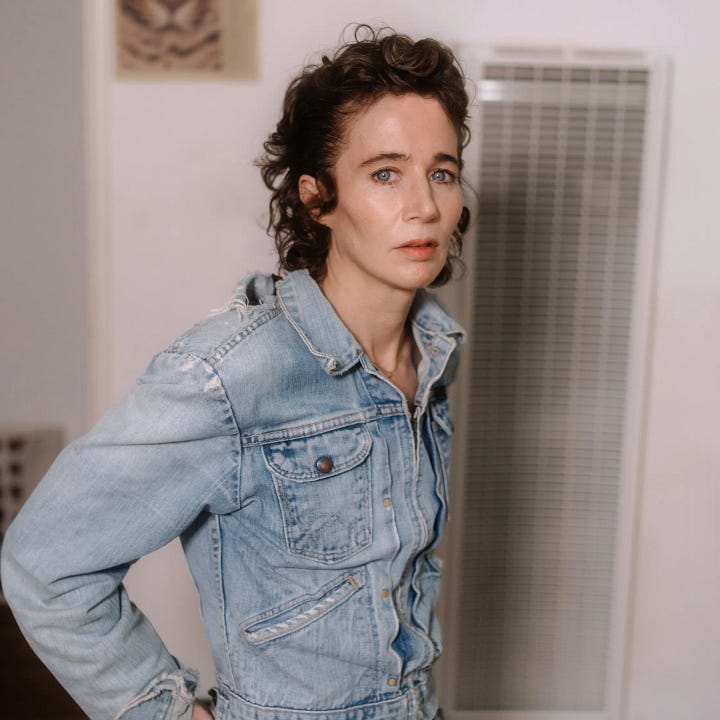Why would you miss the “male gaze”, when all it does is find us wanting?
There's more than one type of gaze. The male one isn't the one I miss




I’m sitting in Waterstones cafe in Edinburgh, looking at Edinburgh Castle and doing my best to ignore the tourists taking selfies in front of the admittedly spectacular scene. (At least, if they step too far backwards, all they’ll do is fall down a short flight of stairs into the children’s department, as opposed to right off the edge of a 350-million-year-old volcano plug.) Anyway, it’s my fault for sitting here. If you don’t want to be disturbed, go work somewhere without a spectacular view. Or at least further back on the balcony.
Normally, when I sit here (which is most Wednesday mornings: I have a routine, go to a cafe, often this one, load up on caffeine, do not leave until newsletter is written. That’s the only kind of discipline I respond to), I barely even see it. The castle, I mean. I’m aware of it, you can’t not be. But it’s just there, you know? A common or garden 900-year-old castle looming over the city. No biggie, if you see it every day. But when I’m forced to look at it with a “tourist gaze”, I see something different. Something grander, a building alive with ghosts and stories and history. The perfect Instagram backdrop, in fact…
It’s a beauty/value/history in the eye of the beholder sort of thing. (Not that I don’t value it, but I definitely don’t always see it.)
I’ve been thinking about how and why we look at things, and through whose eyes – and, crucially, how and why we don’t – ever since I interviewed the Australian novelist Helen Garner a couple of weeks ago. Helen is 81 and inarguably one of Australia’s greatest living writers. Her first novel, Monkey Grip, was first published 50 years ago and only now is her extensive backlist becoming available in the UK and US. (If you’ve never read her I suggest you start with The Children’s Bach or The Spare Room.) Helen, as you will hear on The Shift podcast next week, takes absolutely zero prisoners. Not a single one. (For proof/as homework ahead of next Tuesday’s episode, why not read her fantastic essay, The Insults of Age.)
It’s not that Helen revels in saying the unsayable, more that’s she’s reached a point in her life where she’s past caring what you think of what she says. She calls it as she sees it. And you can imagine what she thinks about the male gaze.
“I couldn’t give a shit about the erotic gaze,” she told me. “What I’m interested in is the human contact gaze…



